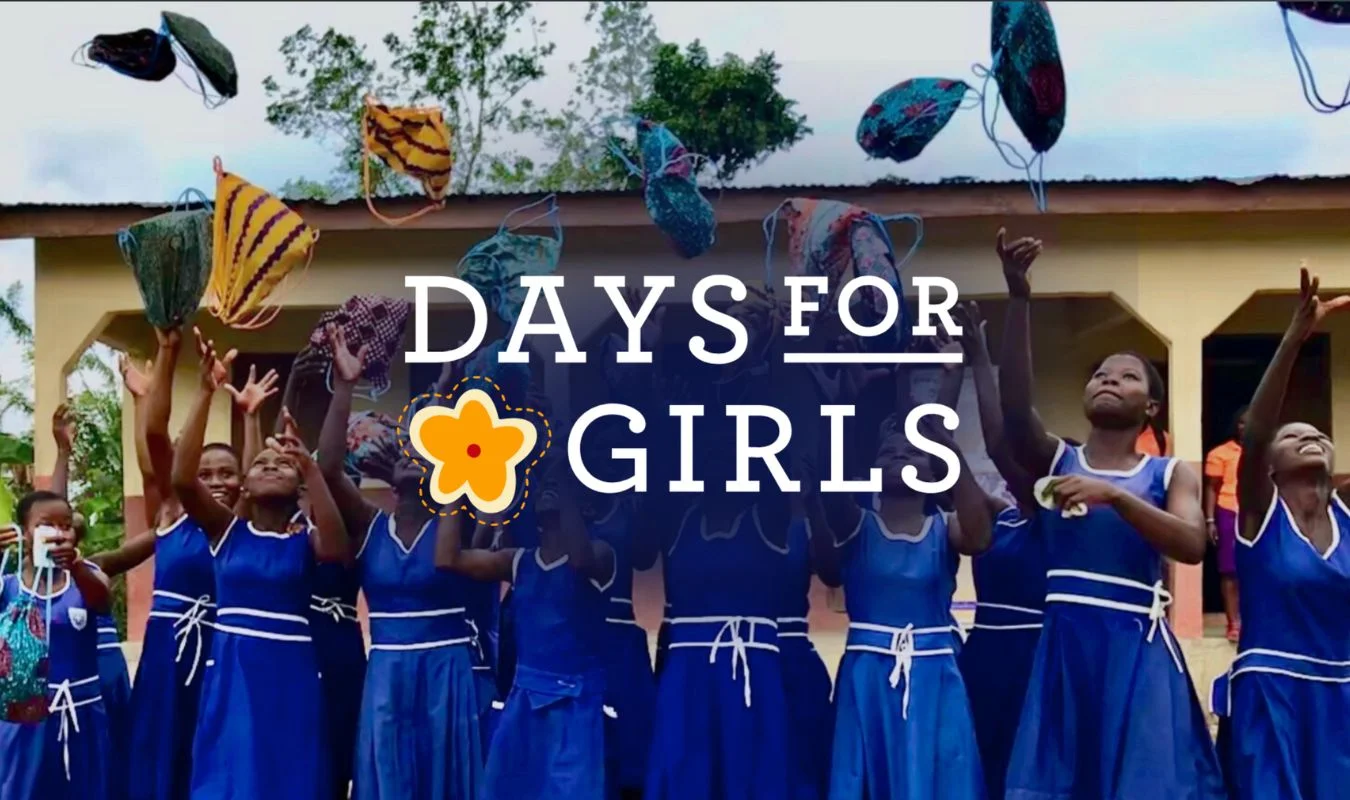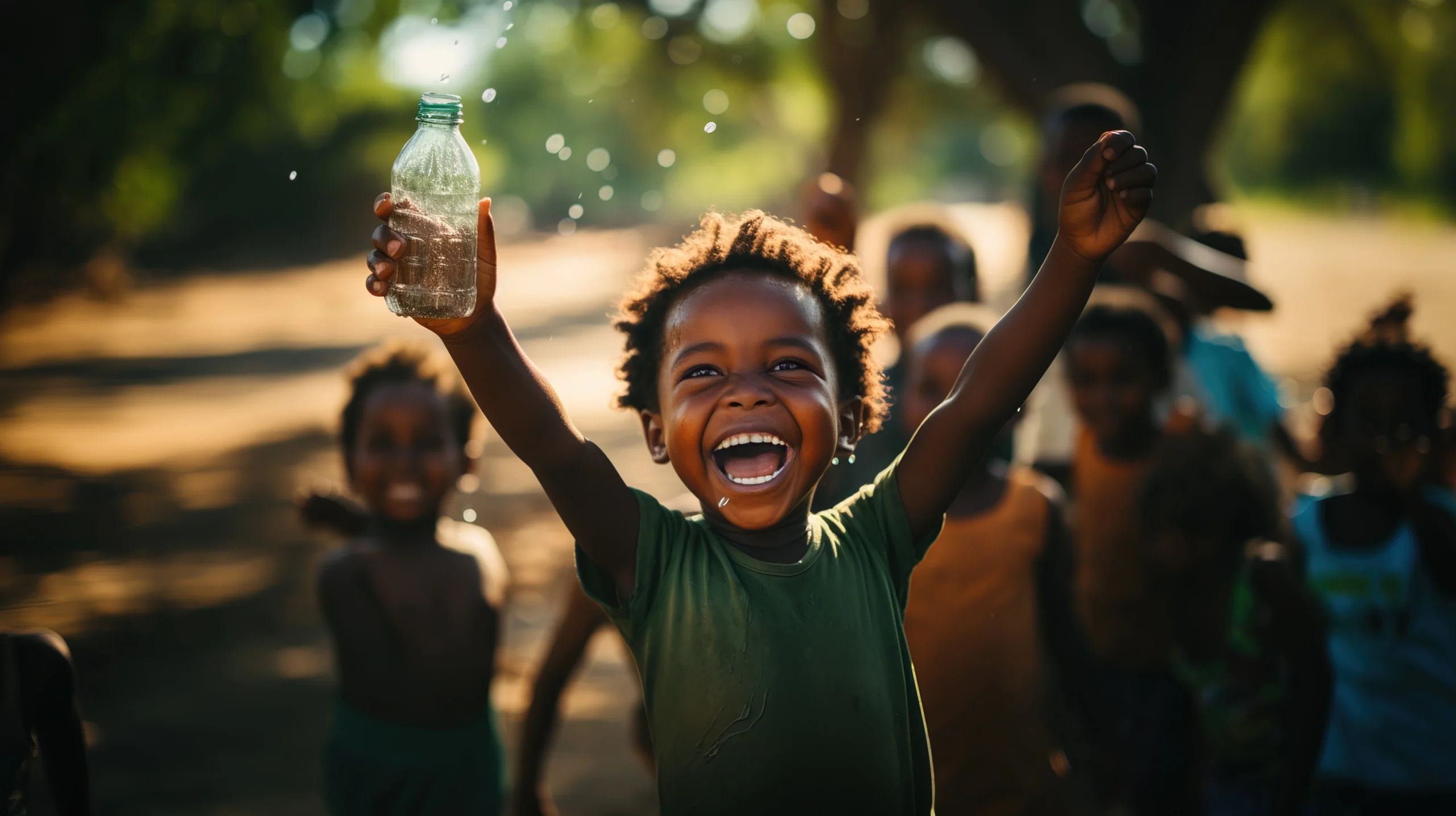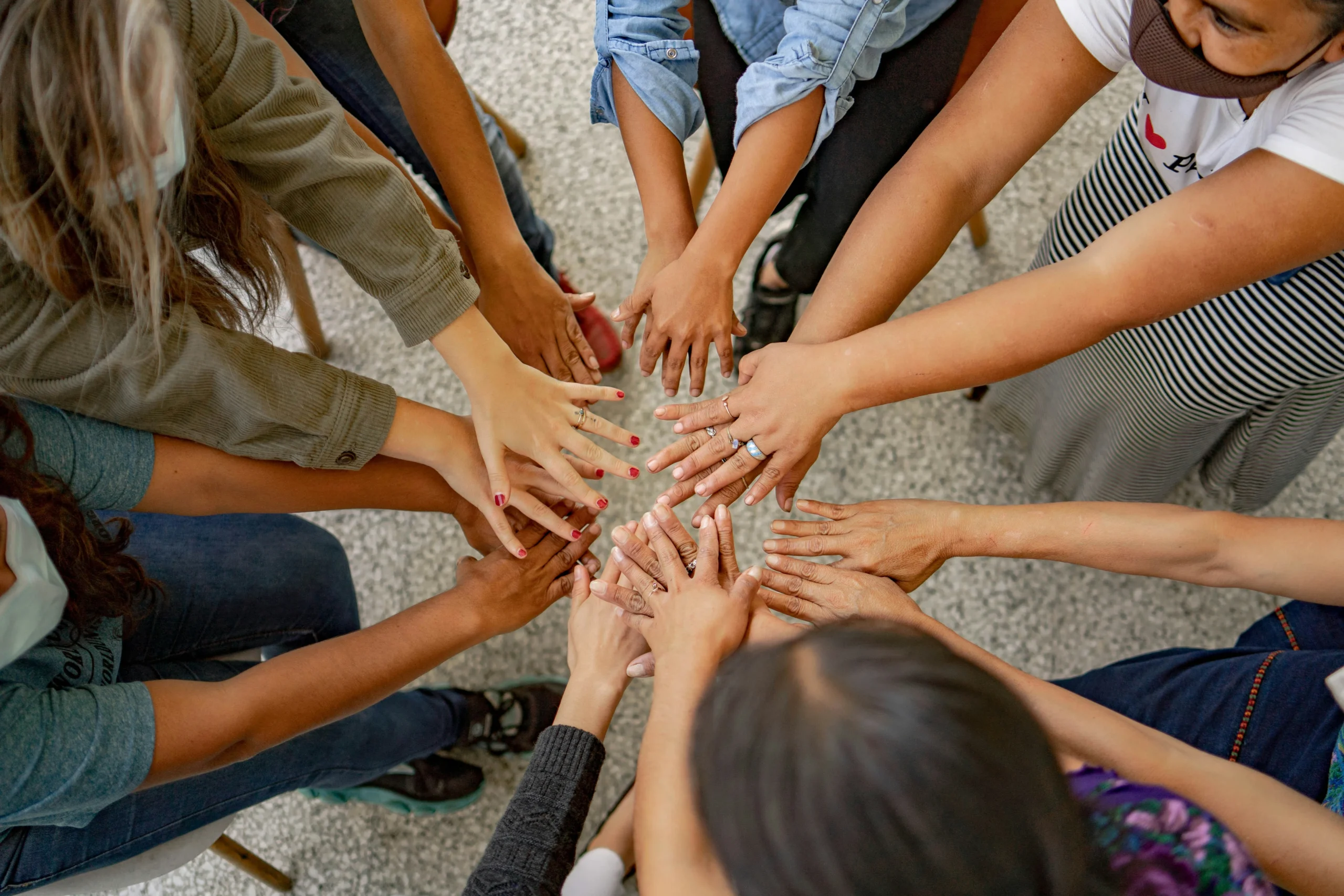Does Water Usage and Conservation Really Matter?
By: Anna Kucirkova
Water is everywhere, right? You use water when you turn on the faucet to wash your hands, to use the restroom, wash your clothes, and of course, you drink it. Water seems like an abundant, never-ending supply, right?
Unfortunately, that’s not true. In fact, is pretty far from the truth. Water is a limited resource, and even though it seems like you’re surrounded by it, only about 1 percent of water on earth is available for human use.
That’s because the rest of the water is either salt water in the oceans, frozen into polar ice caps, or is inaccessible for us to practically use. This should dramatically shift the way you look at the water. Not everyone has the same access to water, which means that you and your community should understand the way water usage affects you, those around you, and even those around the globe.
In this article, we’ll take a look at water usage, help you understand how countries use water, and discuss the details of water conservation. Water is a precious resource, but it’s difficult to understand that until you get the global picture. That’s what this article is all about.
Let’s Talk About Water Usage
“A river is more than an amenity, it is a treasure.” – Justice Oliver Wendell Holmes
Water, as you’d imagine, plays a huge role in our everyday life. There are the obvious uses for water, of course, some of which we discussed above — drinking water, washing water, bathroom water — but think a bit deeper. When we think about how our actions as a collective affect water usage and conservation efforts, we need to think of these aspects from all angles.
What about how your city uses water? Without water, there’d be no fire-fighting, no municipal parks, no swimming pools, or sewage systems. Now consider all the other uses for water, like:

- Mining
- Irrigation
- Thermoelectric power
- Industrial uses
- Aquaculture
- Livestock
That’s a lot of water being used every day. Now, consider that thousands of cities around the world use water in the same way. We’re talking billions of liters per day.
However, all that water isn’t spread around equally. Water usage changes drastically depending on the country, city, or town you’re looking at. For example, let’s first look at the United States as a big picture. In 2010, the United States used about 1,343,821 million liters of water per day or about 397,000 thousand-acre-feet per year.
These are massive numbers and it’s hard to grasp their significance until we compare them to other countries. Hang in there.
Now let’s zero in on now on the average American family. This average family uses about 1136 liters of water per day at home, with about 70 percent of this water being used indoors. About 24 percent of that water is for flushing the toilet, 20 percent is showering, 19 percent is from the faucet, 17 percent is for washing clothing, 12 percent is due to leaks in the pipe systems, and about 8 percent for other, miscellaneous uses.
To put that in perspective, it takes anywhere from 13 – 26 liters of water to flush a toilet. That’s a lot of water.
In fact, the average American uses almost 600 liters of water per day on themselves.
Now let’s step back see how much water other countries use in comparison to the United States.
In Australia, the country with the second-highest water usage rates, the average person uses about 470 liters of water every day. Following that:
- The average person in Italy uses about 390 liters per day,
- The average person in Japan uses 375 liters per day
- The average in Mexico is 360 liters per day
- The average in Spain is 325 liters per day
- The average in Norway is 300 liters per day
- The average in Austria is 230 liters, respectively
Contrast this to developing nations like Mozambique, Uganda, Rwanda, Haiti, and Ethiopia, use about 2 to 15 liters of water per day, per person.
Are you starting to get the picture? Developed countries use an incredible amount of water compared to developing countries. The disparity is staggering. In a lot of regions, a lack of access to clean and safe water can affect water usage. However, in these cases, home filters and other water treatment technologies can help.
Non-profit community centers like homeless shelters or women’s homes need people to contribute with housekeeping, serving food to their residents and helping new occupants adjust and integrate into the facility.
Ministries frequently work side-by-side with shelter groups and your local faith-based organization can assist in finding out exactly what needs your community has and how you can best volunteer. Beyond that, local police and fire departments need citizen enforcers and volunteer firefighters to keep the peace while public schools and libraries frequently struggle to stay within their budgets and will often take all the help they can get.
Water Conservation Matters
 “Water links us to our neighbor in a way more profound and complex than any other.” – John Thorson
“Water links us to our neighbor in a way more profound and complex than any other.” – John Thorson
Water usage and conservation are inexplicably linked. After seeing how much water the United States uses compared to other countries, you probably have a lot of questions, such as:
- How do we replace that water?
- How does my water usage affect other countries?
- What can I do to help?
Let’s break down it down a bit more to give you better grasp on the current water situation, how we replenish our water, and how each person’s actions can determine water usage for those around them.
First, let’s talk about the watershed. A watershed is a precipitation collector. In short, it’s an area of land that drains all the streams and rainfall to a common outlet like a bay, a reservoir, or even a stream channel. This water is collected, stored, and then put to use for drinking, mining, industries, irrigation and more.
Watersheds are one of the biggest ways that we replace and replenish our water supplies. Put simply, watersheds are all over the place. Look at the ground below your feet, you’re standing on a watershed designed to collect the falling rain and drain it to a common outlet so that it can be used later.
How does this affect you, those in your area, and those far away? Watersheds are connected. In fact, all land and water are ecologically linked with each other through a watershed (also called a catchment or drainage basin).
Watersheds don’t have boundaries, they’re not ruled by politics, and they can encompass several national, cultural and economic spans. All this to say, each watershed affects the next and the next and the next. It’s a web of cause and effect, and the actions we take direct the people downstream from us, downstream from them, and so on.
How You can use and conserve water responsibly
So, how does water conservation work, and can your actions help conserve water for other people who need it? Short answer: Absolutely.
There are dozens of ways you can change the amount of water you’re using every day in order to conserve water for others. For example, test all of your pipes at home for leaks. As you might remember, data suggests that about 12 percent of the average American family’s water supply is depleted by leaks, so get those checked out to keep a better eye on your water supply.
Additionally, monitor your showers. Take shorter showers, don’t leave the faucet running, and consider upgrading your toilets to new models that don’t need up to 26 liters to flush.
Also, watch how often you water your lawn, wash your car, or use the washing machine. Keeping a schedule and restricting your usage can make major changes in your water usage patterns, which in turn, will deeply affect the rest of the world. Everyone can, and should, do their part to conserve water.
How We Use Our Water: Some Final Thoughts
“Anything else you’re interested in is not going to happen if you can’t breathe the air and drink the water. Don’t sit this one out. Do something. You are by accident of fate alive at an absolutely critical moment in the history of our planet.” – Carl Sagan
Even though water surrounds us, we’re constantly fighting the battle of depleting water sources, over-usage of our water supply, and unequal water distribution due to an area, poverty, and political issues.
It’s important to remember that water and watersheds connect us all. Our actions as they relate to water usage and conservation have a direct impact on the people near us and far from us. The way we treat and use our water can determine the outcome of the way other people and countries treat and use their water, and so on and so forth.
Water usage is not always — in fact, is very rarely — equal among countries. Because we’re a web of connected watersheds, water conservation in your own home is extremely important to determining the amount of water that people in towns, cities, states, countries, and continents have.
Monitor your water usage, learn tips and tricks to cut back on the water you use daily, and remember that in some way, we’re all connected by water.




